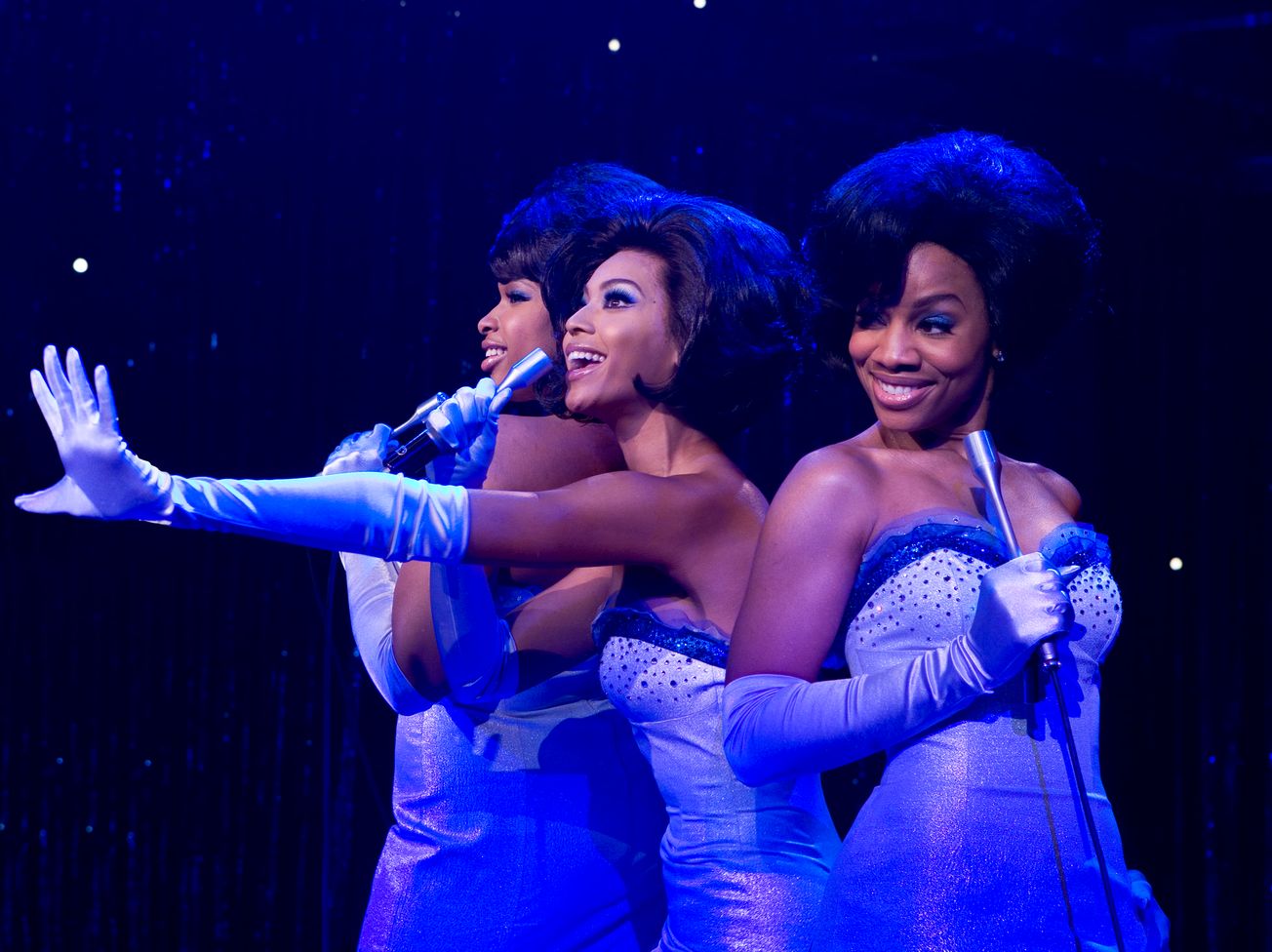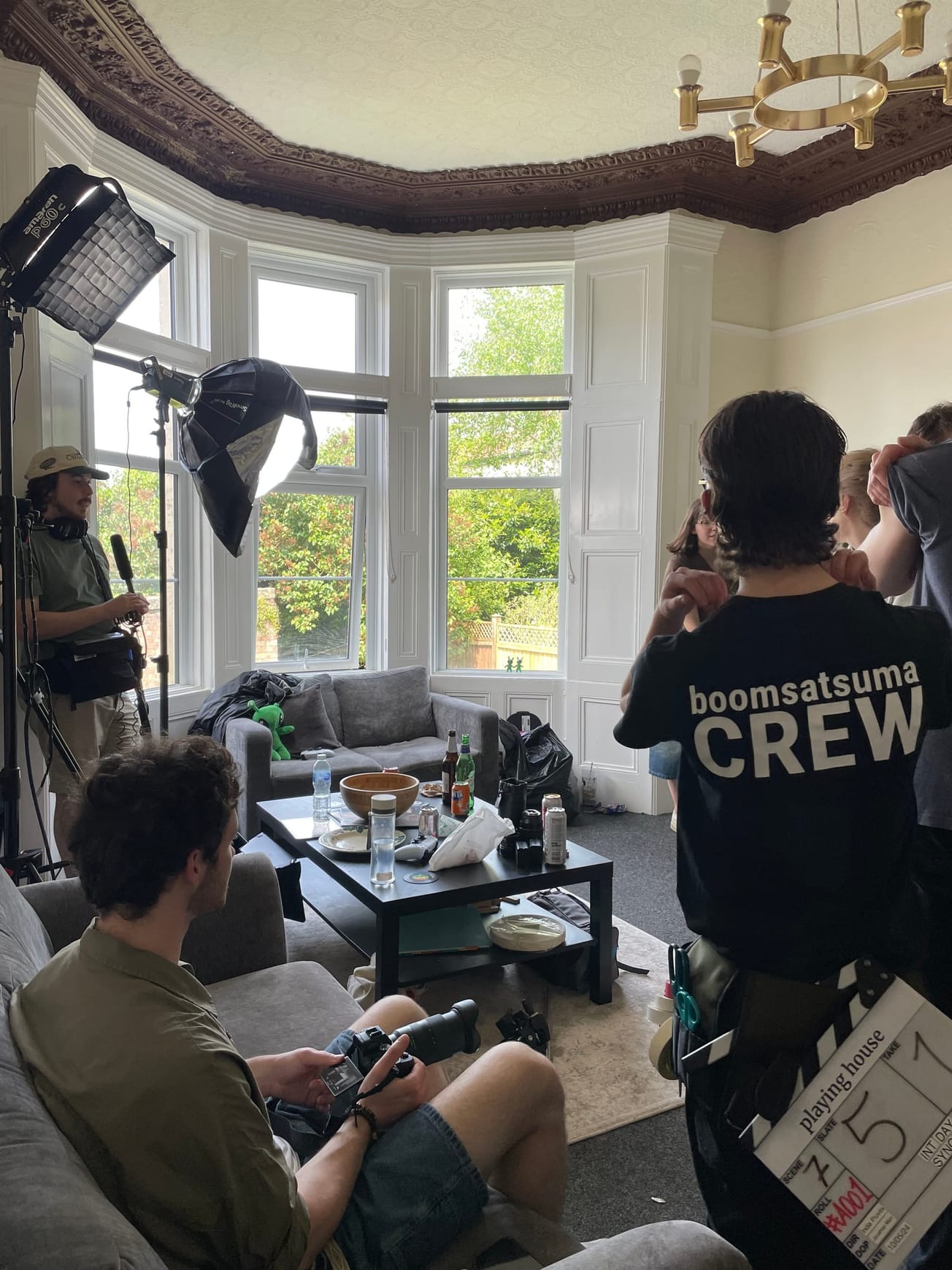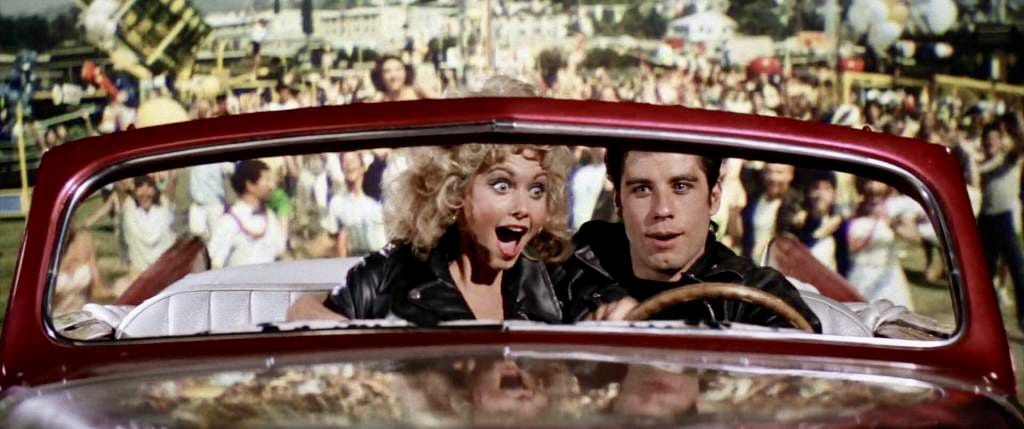By Milan Perera, Arts Critic Columnist
After years of systematic discrimination, the contributions of black talent in the world of cinema are only beginning to receive due recognition. As we celebrate Black History Month this year, here is a shortlist which embodies Black excellence in film.
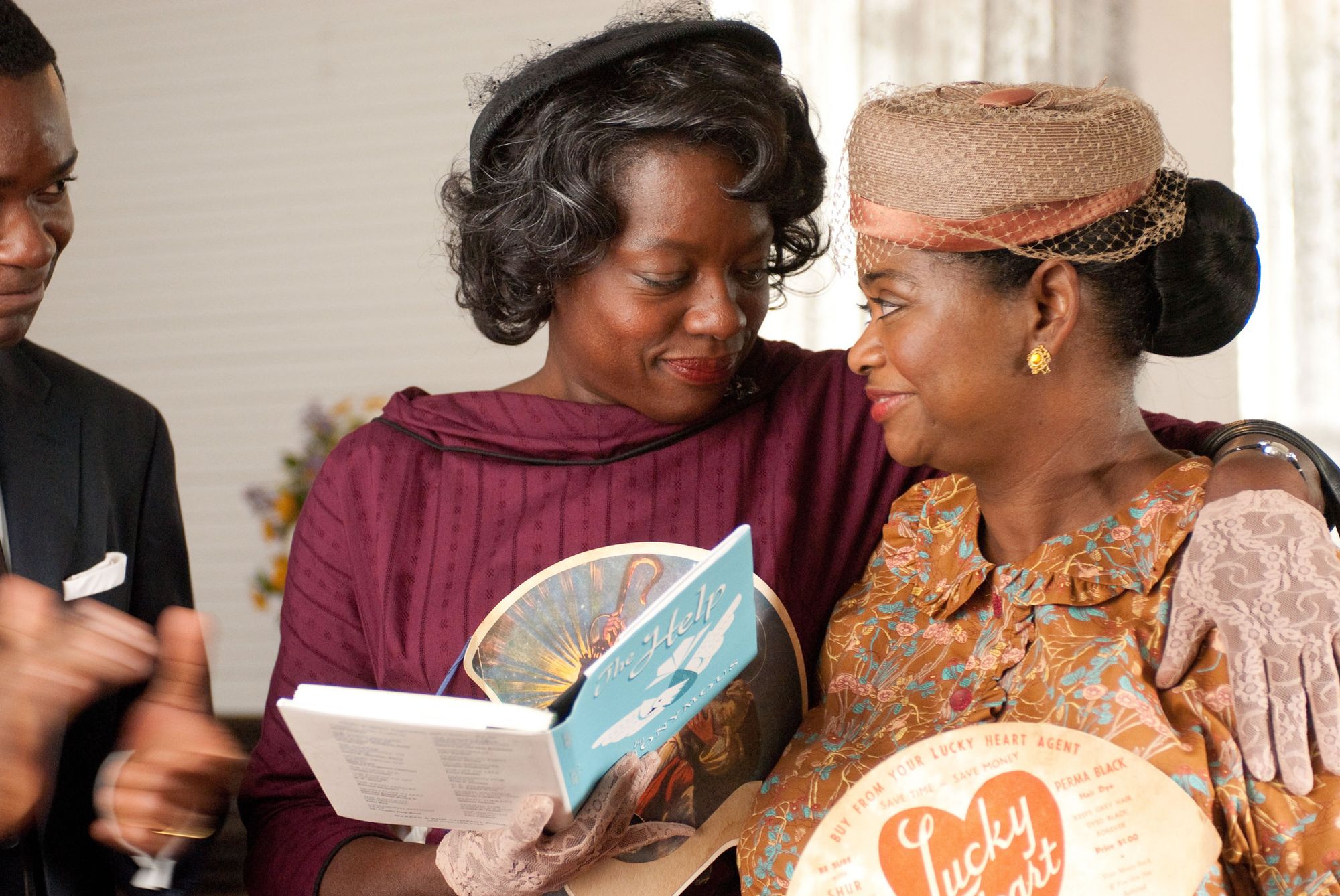
A Patch of Blue (1965)
This gem of a movie is set against the Civil Rights Movement in America and stars the legendary Sidney Poitier as Gordon, a well-educated and softly-spoken black man.
The story revolves around the friendship of Gordon and an illiterate, blind white woman, Selina (Elizabeth Hartman), as Gordon helps her try to get her life in order. Eventually, she asks him to marry her, but Gordon reminds her that “there are many types of love” outside of the romantic kind.
Although technicolour was available at the time, Guy Green, the director, decided to shoot it in black and white, positioning the piece as an extended metaphor for ‘love knows no colour.’
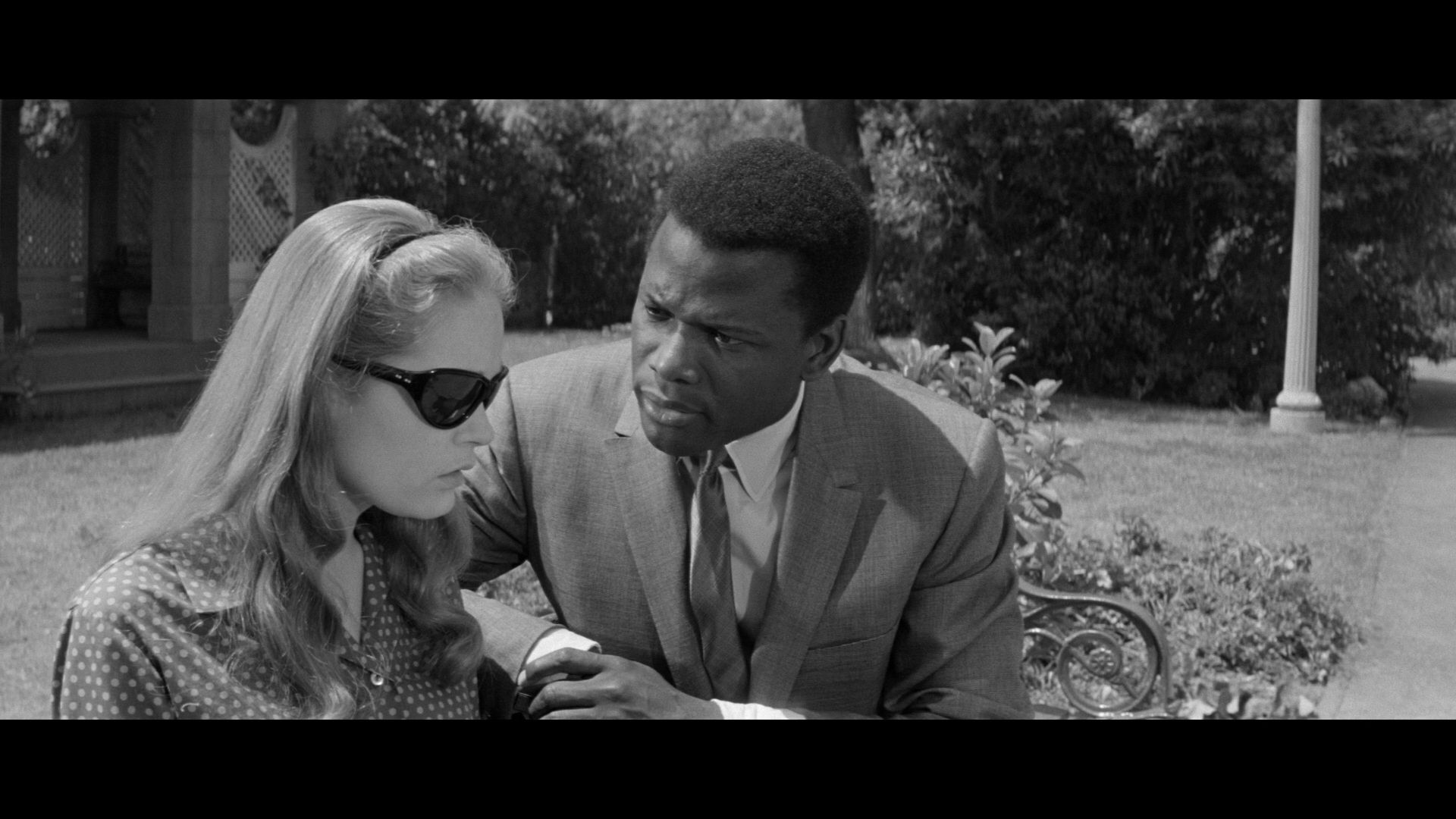
Lethal Weapon (1987-1998)
This pioneering franchise was a defining moment of the ‘Buddy Movie’ sub-genre, but they are more than just that. Created by Richard Donner, the four movies of the Lethal Weapon franchise capture the friendship of a black LAPD officer Roger Murtagh (Danny Glover) and his younger white colleague, Martin Riggs (Mel Gibson).
Despite pervasive racial tensions, the films depict a colour-blind idealism where their friendship is based on respect, understanding, admiration and affection.
In an era of similar movies that glorified toxic white masculinity, Lethal Weapon is a breath of fresh air where male vulnerability in all its expressions is deftly portrayed; with memorable performances from esteemed black actors such as Darlene Love, Damon Hines and Chris Rock, Lethal Weapon is definitely worth revisiting.
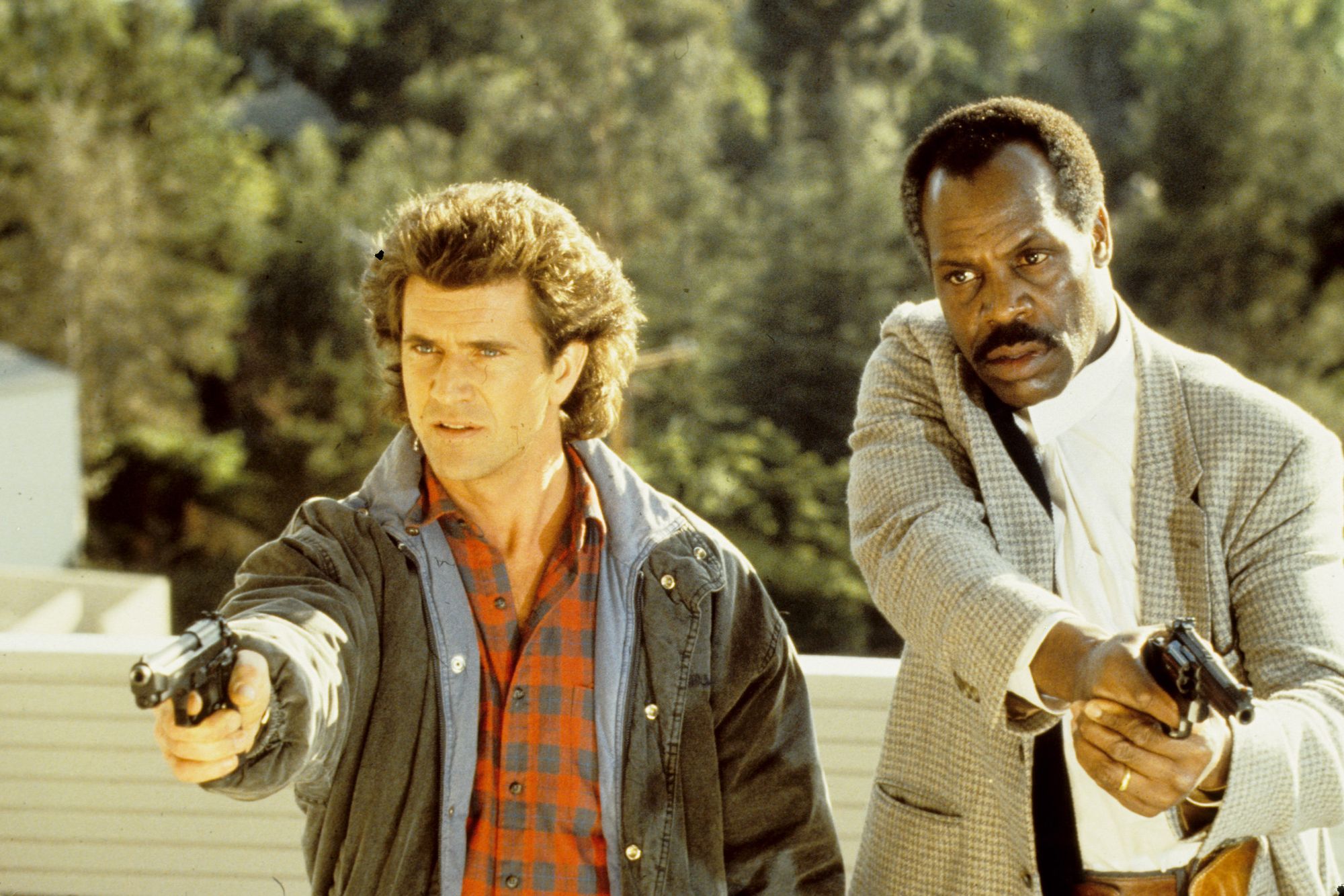
The Watermelon Woman (1996)
Hailed as a landmark in New Queer Cinema, The Watermelon Woman is a vibrant pastiche of mockumentary and satire. Written, directed and edited by Cheryl Dunye, the movie revolves around a young black lesbian, Cheryl (played by Dunye herself), who works at a video store.
It is there that she comes across a black actress from the 30s simply credited as “Watermelon Woman” and sets herself on a quest to find the actress' true identity.
This critically acclaimed movie is often described as “necessary viewing”, and, in 2021, it was selected for preservation in the United States National Film Registry by the Library of Congress for being "culturally, historically, or aesthetically significant”.
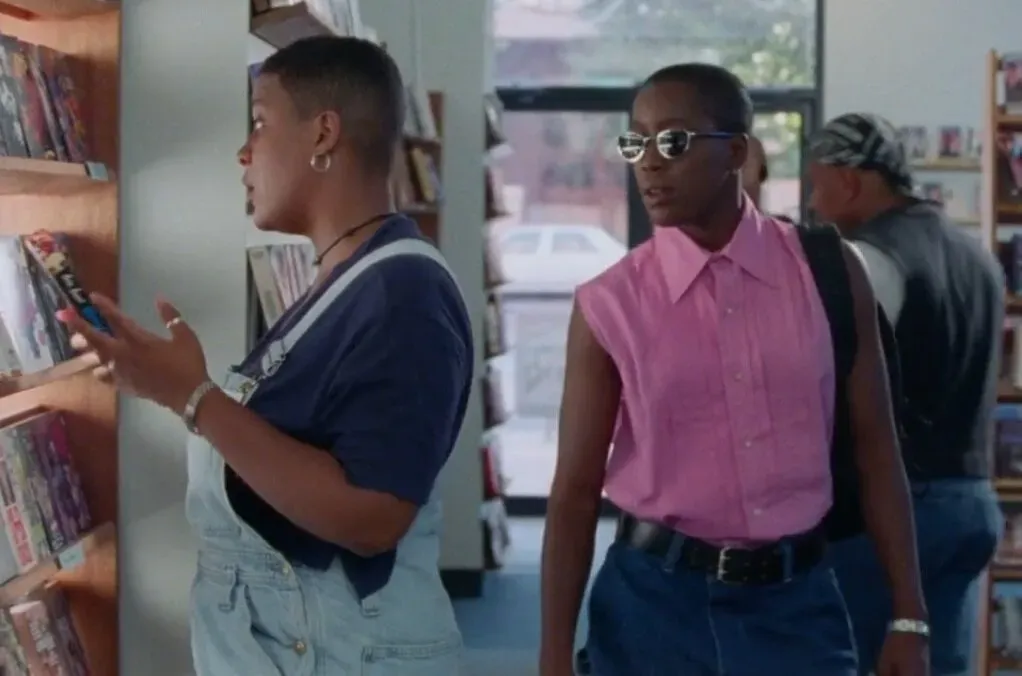
Training Day (2001)
Training Day sealed the reputation of Denzel Washington as one of the most iconic actors in the history of Hollywood. Washington portrays a veteran LAPD narcotics officer, Alonzo Harris, who escorts an ambitious young recruit, Jack Hoyt (Ethan Hawke), for a one-day evaluation through the gang-ridden neighbourhoods of Los Angeles.
The movie depicts the criminal underbelly as a nuanced and infinitely complex web of shifting loyalties, violence and compromises. Was Alonzo an unsung hero whose seemingly compromised methods could solve crimes, or is he just another bent cop?
A high-octane thriller which will keep you on the edge of your seat throughout.
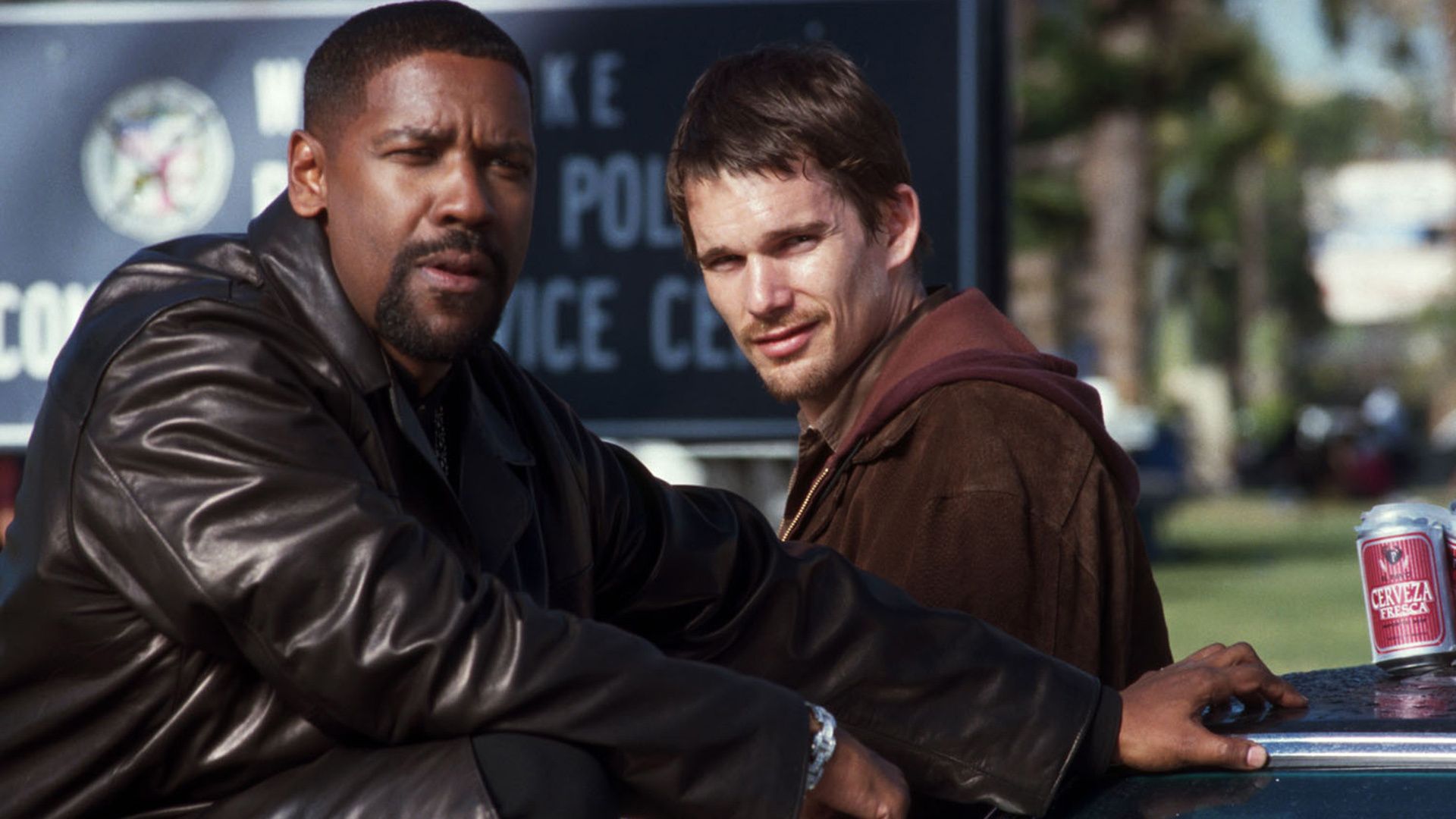
Ma Rainey’s Black Bottom (2020)
Never in the history of musical biopics has there been a movie with such candour, warmth and complexity as Ma Rainey’s Black Bottom. The story revolves around Gertrude “Ma” Rainey (Viola Davis), the legendary 1920s blues singer, who is planning to record an album with the lead track expected to be her live hit, Ma Rainey’s Black Bottom.
However, Levee (Chadwick Boseman), a pushy trumpeter is determined to get his own version recorded. The confrontation between the two is a masterclass in acting as Davis and Boseman erupt like two volcanoes.
Adapted from August Wilson’s 1982 play of the same name, Ma Rainey’s Black Bottom captures a heady mix of sex, power and race with finesse.
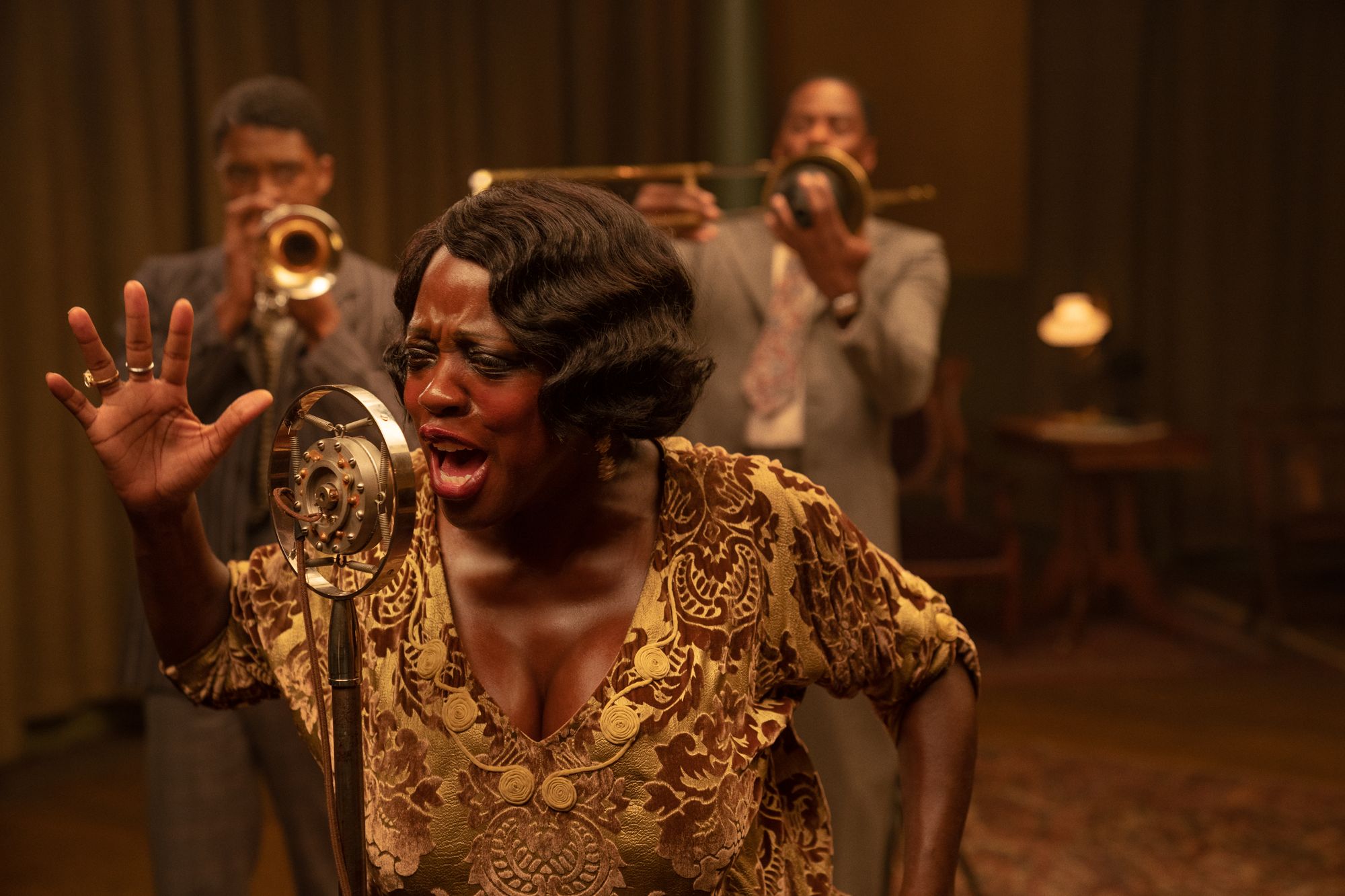
Judas and the Black Messiah (2021)
It is apt that director Shaka King draws parallels between the story of Christ’s betrayal and death with that of Fred Hampton (Daniel Kaluuya) of the Black Panther Party. Like Christ, Hampton was betrayed and sent to be executed by a close associate, Bill O’Neil (LaKeith Lee Stanford) and this Biblical framing to a real story lends the movie a great deal of pathos and weight.
Yet, this is by no means a wholly morbid story or a tragedy. Judas and the Black Messiah is a testament to the indomitable resolve and vision of a young black man who led a campaign for a better future for his fellow black men and women.
At the tender age of 21, Hampton had a blueprint of what needed to be done to achieve the total emancipation and empowerment of black Americans. Daniel Kaluuya delivered a once-in-a-lifetime performance as this powerful figure, earning him the Academy Award for Best Supporting Actor, making him the first black British actor to do so.
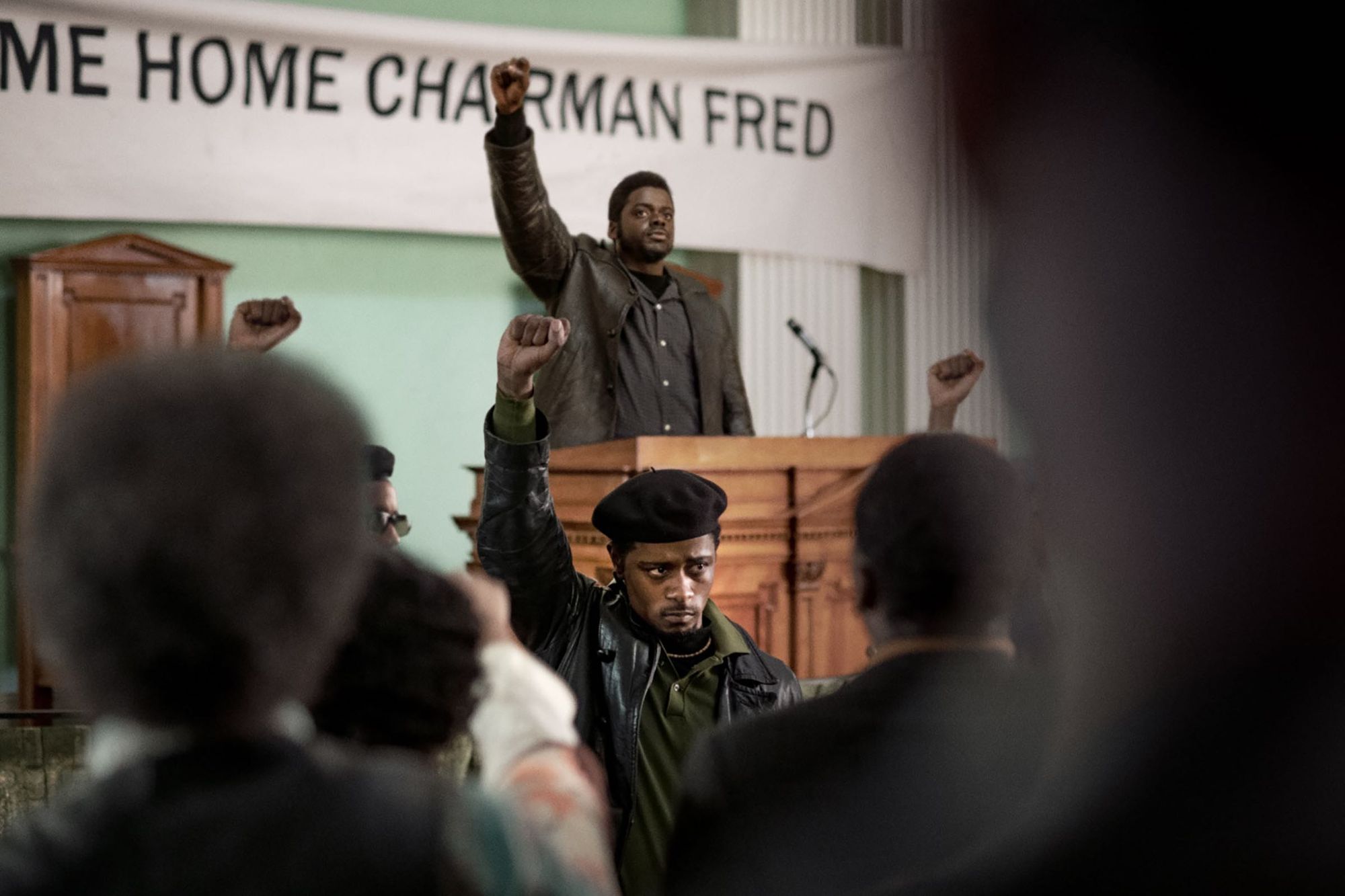
Featured Image: DreamWorks Pictures, Courtesy of IMDB
What films will you be watching this Black History Month?

